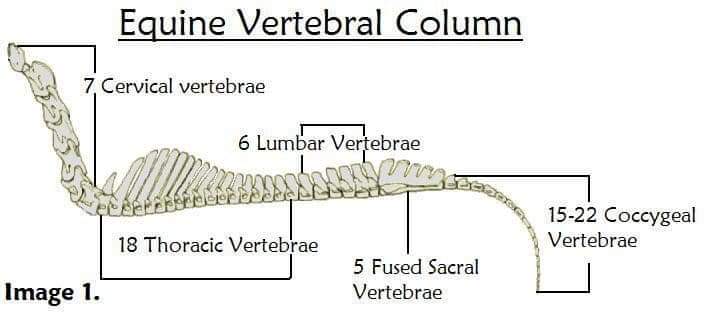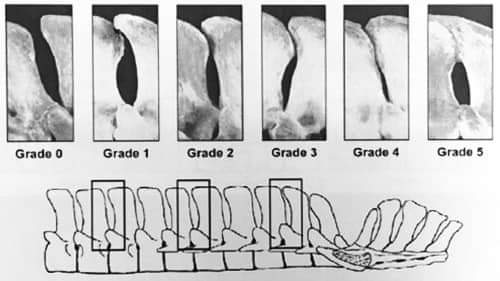Bertie Fundraiser

Bertie’s an ex-racer in Marley’s Equine Rescue Centre’s care who was very much in need of a kissing spine operation. With two “kissing” vertebrae and two fused together, Bertie was in constant pain and unable to use his body how he should. Marley’s vets kindly offered to do his operation for only £2k and so the fundraising began. Inspired over my birthday weekend earlier this month, I donated a 45 minute Animal Communication & Coaching Call, which was raffled off raising £75 within 24 hours!
I’m extending this opportunity to you too, helping to raise more towards Bertie’s vet bill as his operation was successfully performed back on 15th July! Over half the bill has already been raised and paid and it would be wonderful to add another £75 and possibly more to the outstanding balance.
Donation
Please enter the amount to donate below and then click here to proceed to checkout.
What is Kissing Spine?
Overriding dorsal spinous processes (ORDSP), more commonly known as ‘Kissing Spine’, is a condition which affects the space between the vertebrae in a horse’s spine, and is one of the most common causes of equine back pain.
A horse’s spine is composed of various sections of individual vertebrae connected by ligaments and surrounded by muscle.

Cervical vertebrae – from the skull down to the base of the horse’s neck
Thoracic vertebrae – from the base of the neck to around the midpoint of where the saddle would sit
Lumbar vertebrae – from near the back of the saddle to the highest point of their hind end
Sacral vertebrae – these 5 vertebrae are fused and make up the last section of the spine, after the lumbar vertebrae
Caudal/coccygeal vertebrae – these make up the tailbone
The dorsal spinous processes are the bits on a horse’s vertebrae that stick up above the actual spine. These can be seen most obviously at the withers, where the thoracic vertebrae have larger dorsal spinous processes, creating the ridge at the base of the neck.

Normally, these dorsal spinous processes are evenly spaced and allow the horse’s back to bend, flex and extend. Kissing Spine is where the space between these spinous processes is dramatically reduced to the point where they touch (or ‘kiss’), hence the name ‘Kissing Spine’. This touching of the top of the vertebrae causes a lack of mobility and, depending on the severity of the case, can cause mild to extreme pain during movement.
Info source from Facebook
